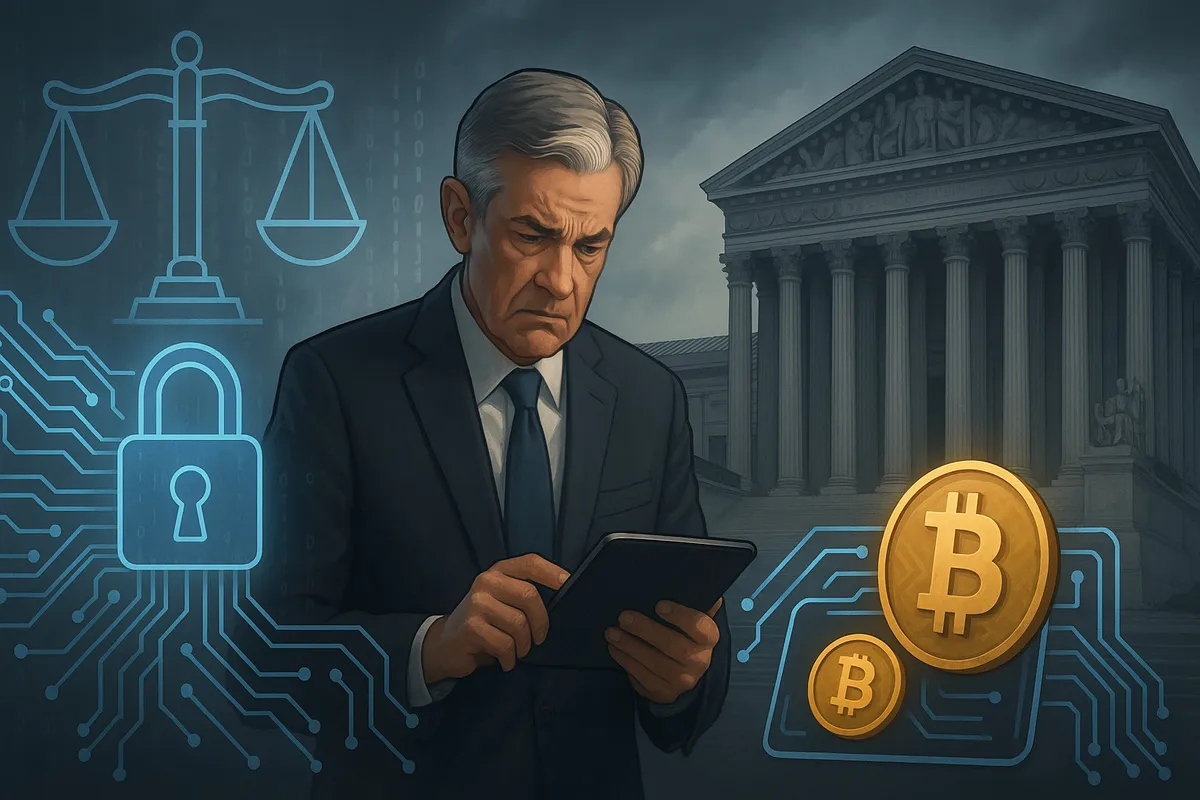
U.S. Supreme Court Declines to Hear Key Crypto Privacy Case
The legal battle over user data privacy in the U.S. crypto industry has just suffered an unfavorable outcome. On Monday, the U.S. Supreme Court decided to decline to hear the case of Harper v. Faulkender, thereby closing the door on one of the most significant legal efforts to challenge the government's access to user data.
The case originated with James Harper, a customer of the exchange Coinbase. His personal transaction data was collected by the Internal Revenue Service (IRS) as part of a large-scale investigation in which the agency requested information on over 14,000 different crypto accounts. Harper's lawsuit was not just about his individual case but fundamentally challenged the government's right to conduct such broad data sweeps from exchanges.
At the heart of this case was a long-standing U.S. legal principle known as the "third-party doctrine." This doctrine holds that individuals generally have no reasonable expectation of privacy for information they voluntarily provide to a third party, such as a bank or a cryptocurrency exchange. For decades, this principle has allowed government agencies to easily obtain customer records without a warrant that would require a higher standard of proof. Crypto companies and privacy advocates had hoped the Supreme Court would reconsider this doctrine in the digital context, where a vast amount of personal data is stored. They argued that detailed blockchain data requires stronger protections, similar to how the court has previously created exceptions for cell phone location data.
However, by declining to hear the case, the Supreme Court leaves the status quo intact. This means the third-party doctrine will continue to apply to data held on exchanges. This is seen as a significant blow to the efforts of companies like Coinbase to protect their users' privacy. Exchanges in the U.S. will continue to face legal pressure to comply with large-scale government data requests. The fight for stronger privacy protections in the crypto space will have to continue through other legal avenues or future legislative efforts.